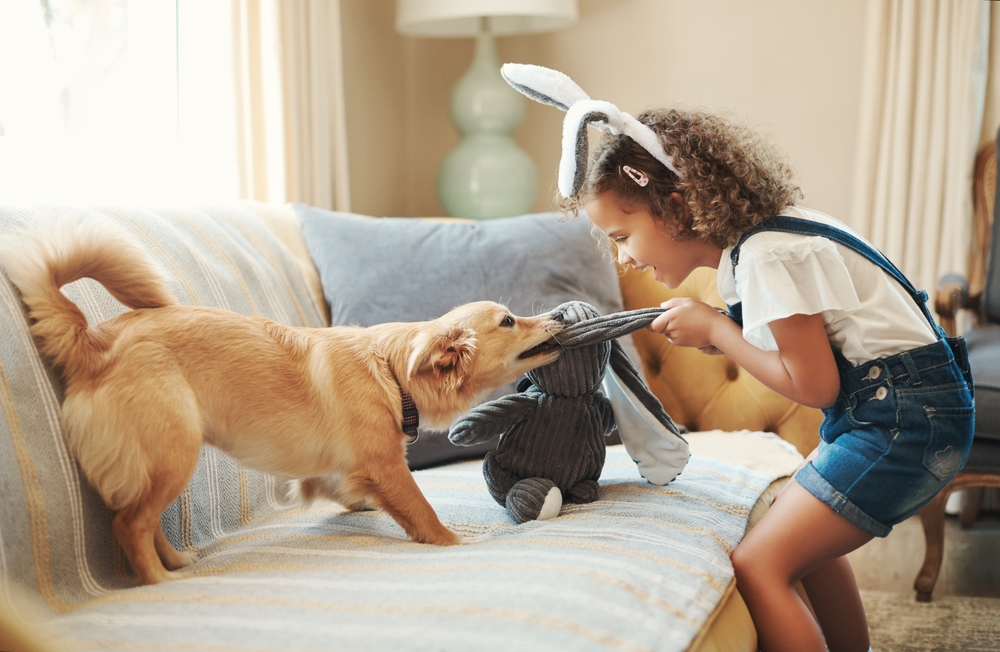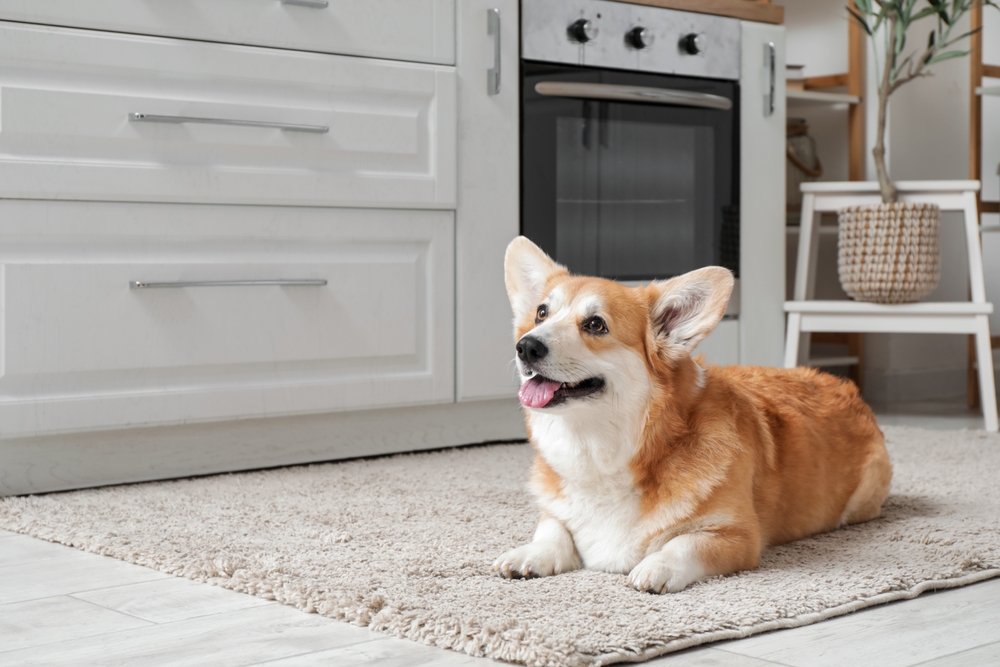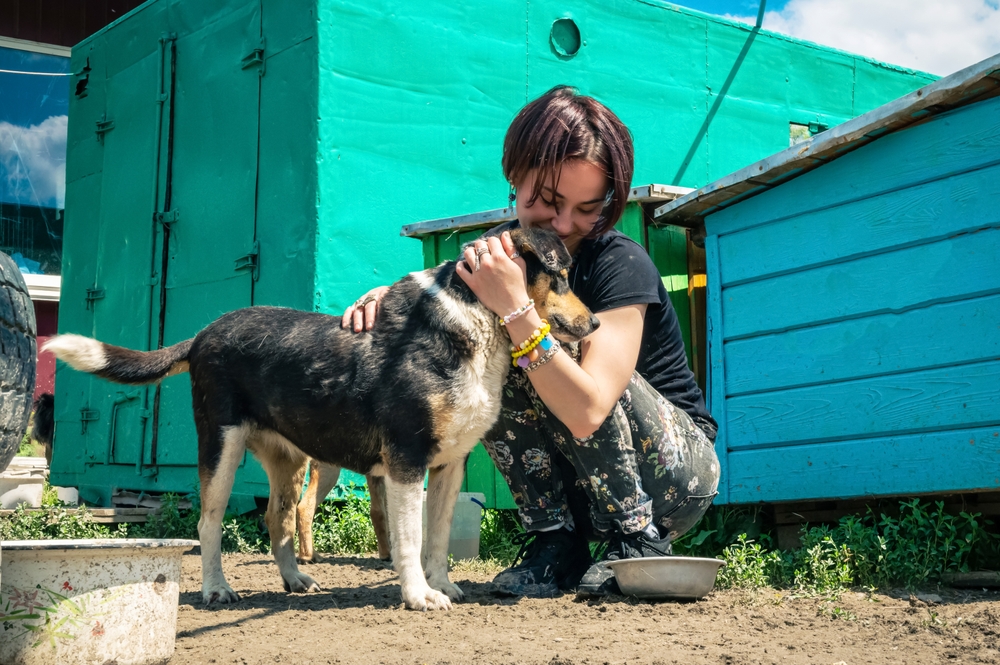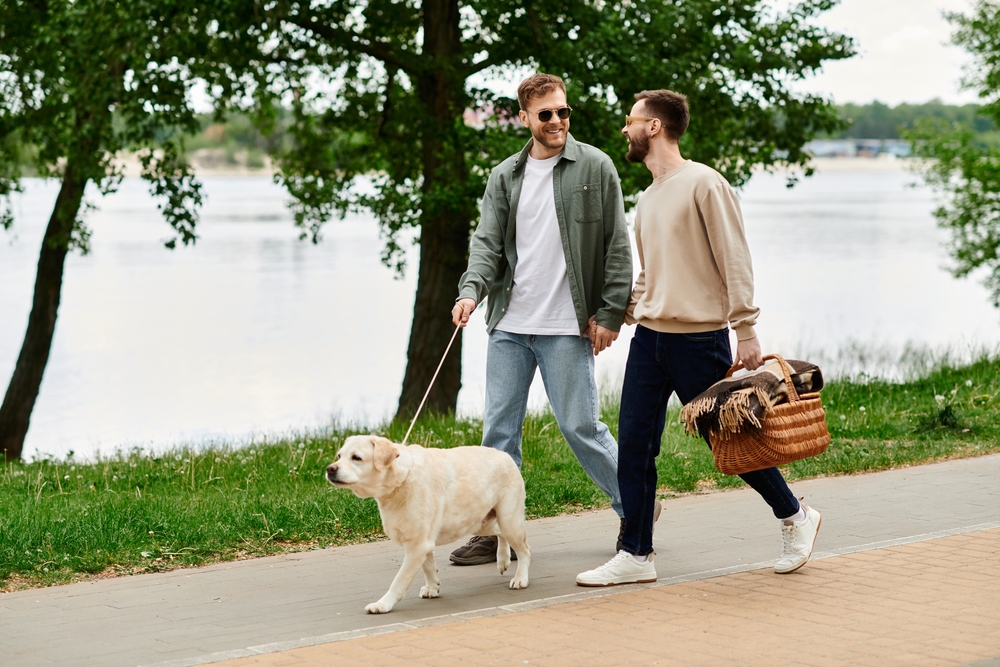Picking out a dog isn’t just about falling for the cutest face (although, let’s be real, they’re all adorable). It’s about finding the right sidekick who fits your family’s unique rhythm. Every dog has a personality, quirks, and needs that should sync with your lifestyle. Here are some no-nonsense tips to help you choose the perfect furry companion who just *gets* your family vibe.
1. Match Their Energy with Yours

Not all dogs are ready to keep up with a high-energy household, and others can’t handle a low-key life. Love your hikes and want a trail buddy? Go for a breed like a Lab or Border Collie. But if you’re more of a couch crowd, Bulldogs or Basset Hounds might be your spirit animals. Think about it this way: picking a dog with a vibe that matches yours helps make the whole experience better—for both of you.
2. Factor in Kid Chaos Levels

If you have young kids, pick a breed known for patience, like a Golden Retriever or Newfoundland. These dogs are chill around tiny humans and can handle the occasional tug on the tail. If you’ve got older kids? Then maybe an active dog who loves a good run could be a better fit. Puppies are cute but can be intense around toddlers, so sometimes an adult dog with a set personality is easier for families.
3. Consider the Grooming Reality

Look, some dogs shed enough to coat your entire house, while others just need a quick brush. Poodles and Huskies come with serious grooming needs, while breeds like Boxers are way lower maintenance. If you don’t want to spend your weekends wrestling with dog hair or booking expensive grooming sessions, pick a breed that fits your tolerance level for fur and brushing. Your future self will thank you.
4. Check Your Space Situation

Live in a city apartment? A big, high-energy dog is bound to feel cramped. Smaller breeds like French Bulldogs or Cavaliers tend to be happier in tight spaces, while breeds with endless energy need room to roam. So, if you’re living the urban life or have a small yard, think about how your space can affect your dog’s overall happiness. The right environment can make all the difference.
5. Be Honest About Your Free Time

Some dogs want to be with you 24/7, others are cool with chilling solo for a bit. High-maintenance breeds like Border Collies and German Shepherds need a lot of attention, mental games, and daily exercise to keep them out of trouble. Meanwhile, breeds like Greyhounds or Shih Tzus are a little more low-key. If you don’t have a whole lot of free time to spare, getting a dog that requires a ton of stimulation might not be the best choice.
6. If You Have Allergies, Go Hypoallergenic (Sort Of)

If someone in the family has allergies, you might want to consider a breed that sheds less, like Poodles, Schnauzers, or Portuguese Water Dogs. No dog is truly hypoallergenic, but these breeds don’t spread dander as much as other breeds like a Golden Retriever does. That said, you’ll still want to keep things clean and maybe invest in a good vacuum. A low-shed dog might help, but they’re not a magic cure for allergies.
7. Think About the Long Haul

Some dogs live for 15 years or more, while others have shorter lifespans. If you’re ready for the long-term commitment, smaller breeds like Chihuahuas and Dachshunds can be a great choice. But if you’re leaning toward larger breeds like Great Danes, just know they often don’t live as long. Choosing a dog is a big deal, so think about the time you’re ready to dedicate to your new best friend.
8. Personality Counts

Dogs, like people, have unique personalities. If you’re looking for a snuggle buddy, breeds like Cavalier King Charles Spaniels are born for lap time. But if you’re more into a dog with some independence, then Terriers and Dachshunds can be a little more self-sufficient. Think about the kind of “personality” that’ll fit best with your family’s vibe, whether that’s a social butterfly or a laid-back sidekick.
9. Look for Natural Talents

Some breeds have special skills, which can be a big plus. Herding dogs like Collies have a protective streak that’s great for families in rural areas. Spaniels and Retrievers love swimming and fetching, which could be great if your family is always by the water. If you’re into agility or want a workout buddy, breeds like Border Collies or Aussies might be perfect. Tap into those natural instincts—they’re there for a reason.
10. Go Check Out a Shelter

Seriously, don’t underestimate shelters. Mixed-breed dogs can have the best of both worlds, and you might just find a dog that fits your family’s vibe better than any purebred. Plus, shelter staff can help guide you to dogs that might match your lifestyle, and you get to see their personalities up close. Sometimes, the perfect dog is just waiting for you to walk in and find them.
11. Know What You’re In For With Training

Some breeds are easier to train than others. If you’re new to the dog scene, breeds like Labs or Poodles are usually pretty eager to please, which makes training much less of a hassle. Other breeds, like Huskies or Dachshunds, might test your patience a bit. Choosing a dog that matches your comfort level with training can set you up for a smoother ride right from the start.
12. Be Realistic About the Costs

Every dog comes with expenses, but some breeds can be pricier than others. Large dogs often eat more and require bigger supplies, not to mention certain breeds are more prone to health issues which could see you dropping thousands of dollars at the vet. Bulldogs, for example, can have respiratory concerns, and German Shepherds sometimes face joint issues. Think about the potential costs and how they might align with your budget—it’s better to know what you’re signing up for.
13. Check Local Rules and Restrictions

Some places have restrictions on specific dog breeds, especially those labeled as “high-risk.” Before you commit to a dog, it’s a smart move to check if there are any local laws or apartment regulations that could impact your choice. The last thing you want is to get attached only to find out your dream dog isn’t allowed in your building or neighborhood. A quick check can save a lot of heartbreak.
14. Talk to Real Dog Owners

Forget Googling—nothing beats real advice. Chat with friends, family, or neighbors who have dogs, and ask about their experiences. Sometimes, the reality of a breed’s quirks only come out after living with one, and these insights can be super helpful. Plus, dog owners are usually more than happy to share the highs, lows, and all the messy details in between.
15. Don’t Rush the Process

Finding the right dog takes time. It’s tempting to fall in love with the first cute face you see, but taking your time to do research, visit different dogs, and ask questions can make a big difference. A thoughtful approach means you’re more likely to find a dog that’s a true fit for your family. After all, you’re building a relationship that’s going to last for years, so make sure it’s the right match.
